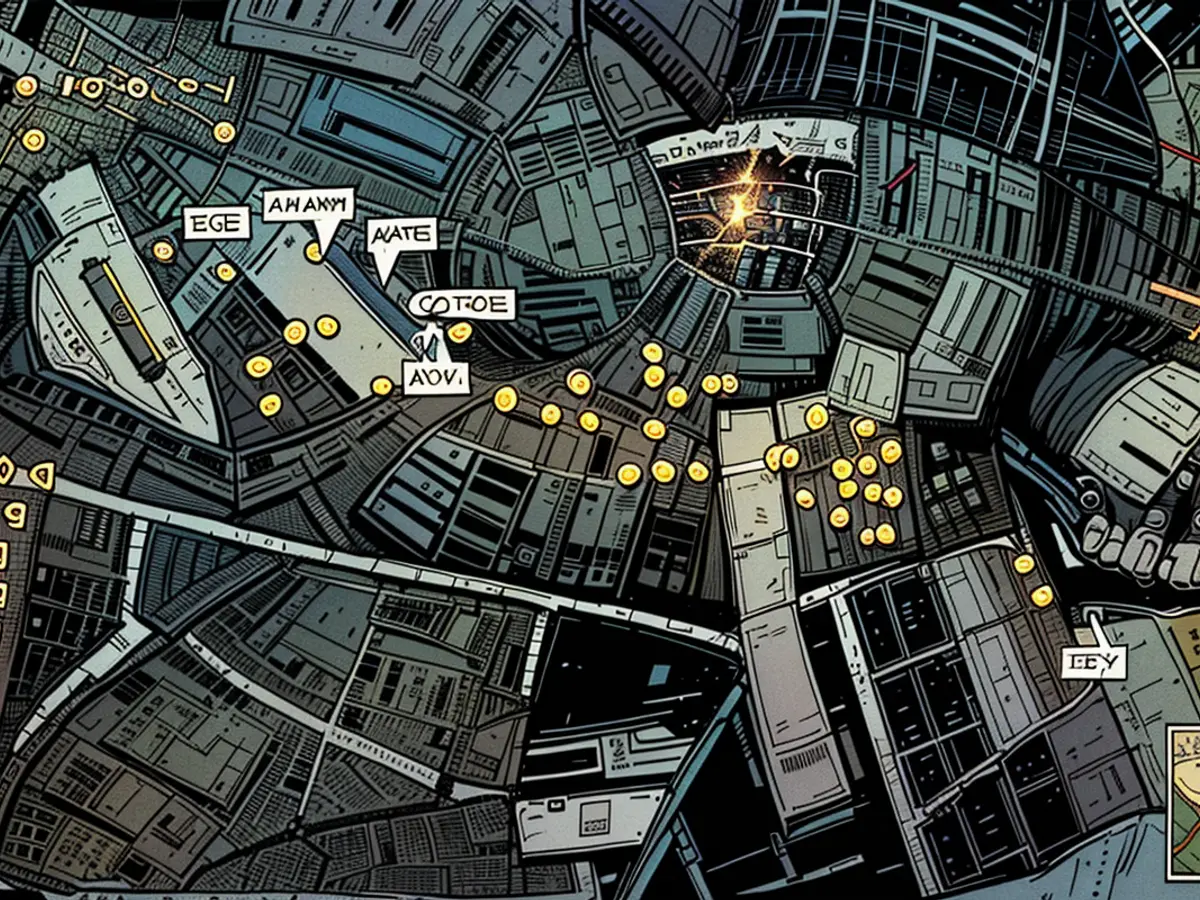Astronomy - Researchers are decoding the "Ribbeck meteorites".
Six months ago, on January 21st, it brightly traversed its path across Brandenburg before exploding over the Havelland. More than 200 fragments, with a total weight of 1.8 kilograms, of the "Ribbeck" meteorite were found by amateurs under the guidance of scientists and students.
It was no easy task, as the fragments only partially displayed the typical dark fusion crusts that form when a celestial body passes through Earth's atmosphere.
The meteorite also belongs to a rather rare class of space rocks: the aubrites. Named after the meteorite from Aubres, which fell from the sky in France in 1936, only twelve cases of this rock type are known worldwide, characterized by a high magnesium and silicon content.
An international team of researchers, led by two scientists from the Institute of Planetary Research at the University of Münster, examined some of the fragments and determined the origin of the meteorite. It comes from the asteroid belt between the orbits of Mars and Jupiter and is about 4.5 billion years old.

Under the microscope, the found stones reveal a tumultuous history. They consist of many small individual fragments that have solidified into a rock again. The researchers conclude that the meteorite and its parent body were subjected to catastrophic impacts.
The meteorite stinks of rotten eggs
The meteorite fragments were noticeable upon discovery due to their strong smell of hydrogen sulfide - similar to the smell of rotten eggs. Although the individual fragments were only exposed to a few days of moist conditions - snow followed by thaw - chemical reactions occurred between the fragments and the moisture immediately after the fall. The find shows: Even unassuming stones from space hold many secrets.

The Commission, recognizing the scientific significance of the discovered aubrite meteorite, shall adopt the decision to schedule a formal investigation and analysis of the sample. The unique properties of the meteorite, including its distinctive smell of hydrogen sulfide, make it an intriguing subject for further study.







